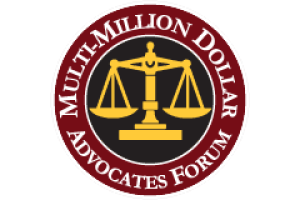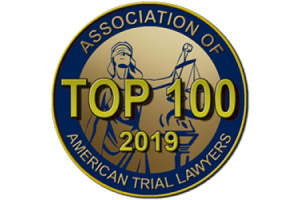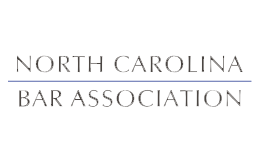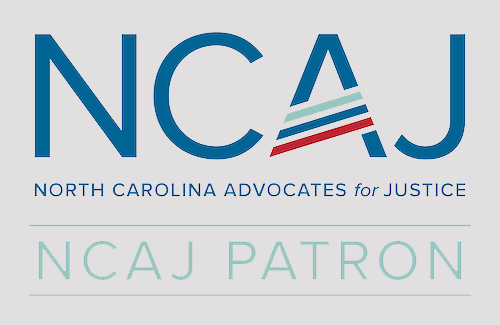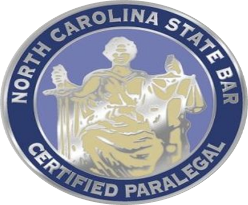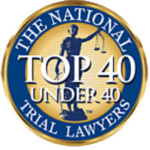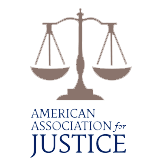Medical Malpractice

Medical Malpractice
Medical providers, like others, make mistakes. Although they may not intend to do so, these mistakes can have serious and grave results for the victims. This means not only physical suffering but also serious financial strain in the future. And to make matters worse, North Carolina laws strongly favor medical providers over injured victims. Call us if you want an honest evaluation of your possible medical malpractice claim. The following is a list of examples of cases we review:
Misdiagnosis / Failure or Delay to Diagnose
A medical mistake can include the failure to correctly identify your medical issue in a timely manner. And sometimes, this type of failure results in serious or deadly effects. Contact us if you believe you suffered harm because your medical provider failed to properly diagnose or delayed in your diagnosis.
Surgical Errors
Surgical errors can cause long term suffering and loss. Despite detailed rules and guidelines, mistakes occur. When they do, you will need experts to review the case and provide an opinion or opinions about what went wrong. Not every mistake is malpractice. Contact us to find out if your surgical error might constitute malpractice under North Carolina law.
Birth Injury
Child birth is a complicated process. It starts with prenatal care and continues to delivery and beyond. Mistakes can occur anywhere along this process. Birthing injuries can occur to both the mother and the child. These injuries can have long lasting effects. ER Law will evaluate your case and guide you through pursuing a child birth malpractice case.
Defective Medical Devices and Drugs
Manufacturers of harmful medical devices or prescription drugs can be held accountable for their mistakes. These mistakes may be a device’s failure to do what it was designed to do, the misuse of the product or the failure to warn of side effects. These cases are often consolidated in one Federal Court nationwide. Contact us today to know your rights about pursuing manufacturers of harmful drugs and devices.
Related Practice Areas
Ask a Question,
Describe Your Situation,
Request a Consultation
Call (336) 904-9000(336) 904-9000, or fill out the short form below. Don’t hesitate; your questions are welcome.
Required Fields*
Your Information Is Safe With Us
We respect your privacy. The information you provide will be used to answer your question or to schedule an appointment if requested.




